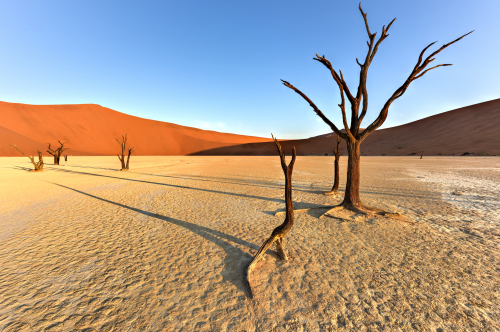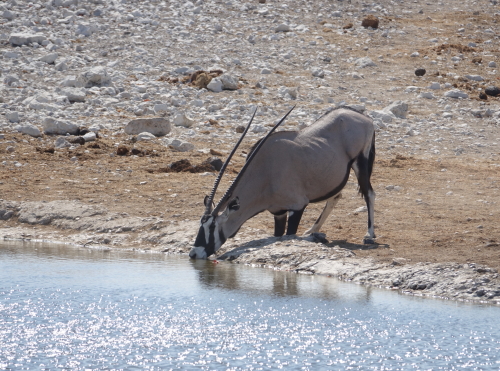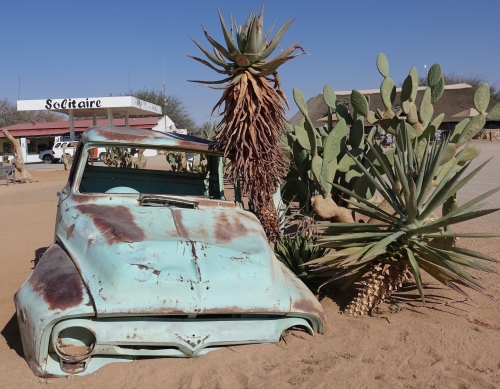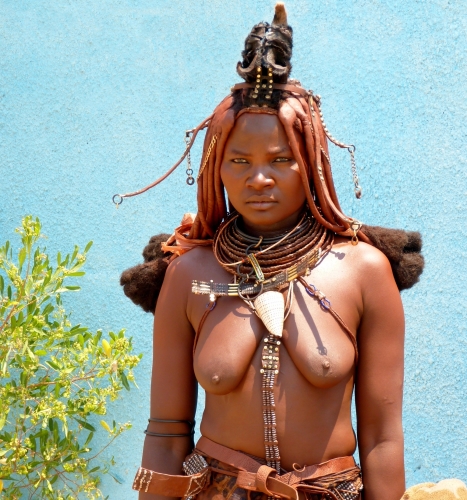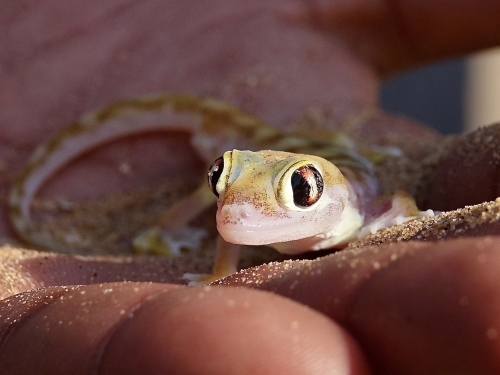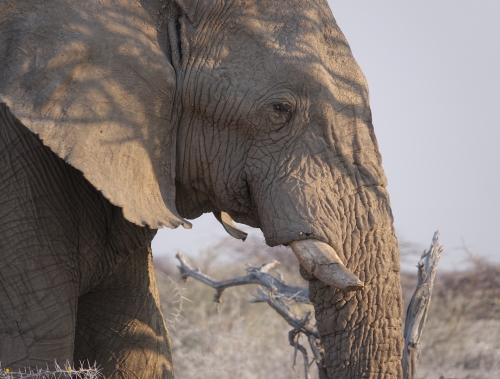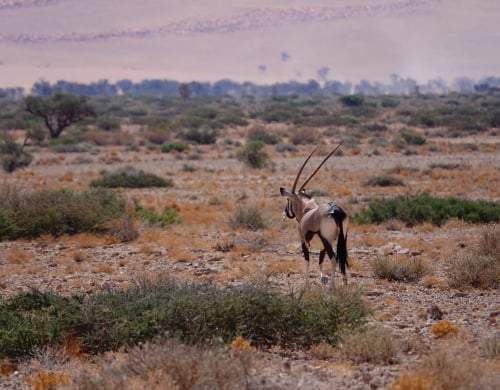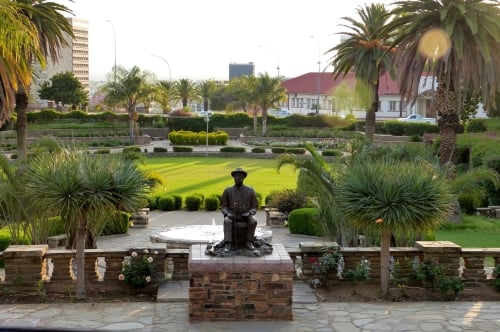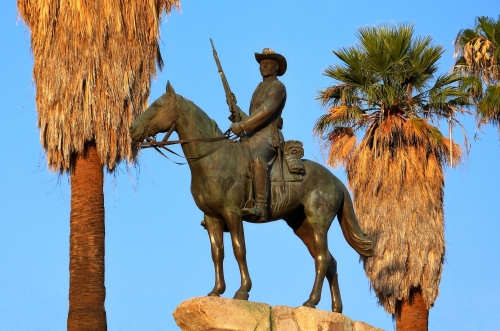Namibia Africa
Land of boundless opportunity
Remarkable landscapes and abundant wildlife
What does Namibia have to offer?
Namibia Africa
- Area: 824,292 km²
- Population: about 2,5 million inhabitants
- Capital: Windhoek
- Religion: Christian
- Language: English (and German)
- Currency: Namibian Dollar (N$)
Facts and figures
- Time zone: Namibia Standard Time is 2 hours ahead of Greenwich Mean Time (GMT+2) and is in the Central Africa Time zone
- Average temperature: between 20 and 30 degrees Celsius
- Namibia is home to the world’s oldest desert
- It is also home to the second largest canyon in the world
- The Skeleton Coast is the world’s biggest grave site for sailors and ships
Do you want to know more about Namibia?
Namibia's climate
How to dress in Namibia
Are you interested in your travel options in Namibia?
The people of Namibia
Namibia has a population of 2,5 million people (2017 census), and is Africa’s least dense populated country. The population is a mix of many ethnic groups: today, at least twelve different tribes live in the country. The first inhabitants were the San, a tribe of Khoisan hunter-gatherers that have been living in Namibia at least as long as the modern calendar exists. A small number of San still live their nomadic lifestyle in the east of Namibia.
In more recent history, Namibia is also inhabited by a small population of Germans and Afrikaners. Despite their small number they have had great influence on the architecture of major towns. Especially the coastal town Swakopmund has many old buildings in ‘German style’.
Safety in Namibia
No visa, welcome to Namibia!
You do not need to apply for a visa for Namibia for a visit of less than 90 days. However, in either case ensure that you have:
- A passport with validity of minimum 6 months on the day you depart from your home country
- A proof of owning sufficient financial resources
- A proof for the first destination after arrival
- A proof of a return ticket or to the next destination after your holiday
- An original unabridged birth certificate when travelling with children under the age of 18
Let's talk money
The currency of Namibia is the Namibian Dollar (N$). The South-African Rand (ZAR) is also accepted in Namibia. It has the exact same value as the N$. For your daily expenses it is easy to have a wallet with smaller bills and keep the rest of your cash separated and out of sight. Especially when you spend several days in more remote areas, like wild parks, ensure you have enough cash on you. It is recommended to take a ‘mix’ of means for payment, including cash, a world card and a credit card (VISA or MasterCard) which you will need to rent your car. Also, we recommend having American Dollars which you will need when crossing borders and come in handy for emergencies. There are plenty of ATMs in the larger destinations of Namibia. Do not forget to change the security settings of your bankcards to ‘Worldwide’ if necessary.
Would you like more advice on travelling Namibia?
Vaccinations needed for Namibia
For vaccination services, you can go to the Regional Health Service or the tropical medicine clinic of a hospital. The following vaccinations are recommended for travellers going to Namibia: hepatitis A and a combined tetanus, diphtheria and inactivated polio vaccine (Td/IPV or DTP).
Malaria only occurs in northern Namibia. Ask your local health services for the most updated advice and preventative care.
Travel insurance
Travel insurance is the traveller’s own responsibility. We recommend that you take out travel insurance in your home country that will cover, for instance, loss, damage or theft of luggage, money and other valuables, medical expenses, repatriation expenses, et cetera. Consider also any additional cover you may need, such as for extreme, specialist or high-risk sports (scuba diving, canoeing, mountain biking, et cetera).
Makasa accepts no liability whatsoever in connection with any such activities. Ensure that you are well prepared to have a secure journey. The chance that something happens to you before or during the trip is small, but it is important to get the right insurance. It can save you costs and a lot of trouble.

